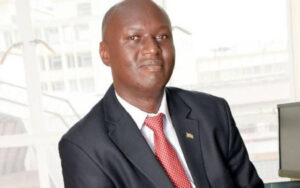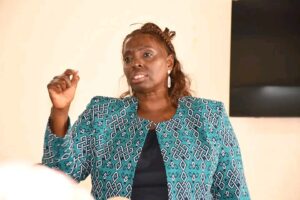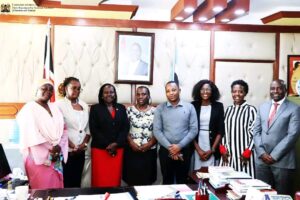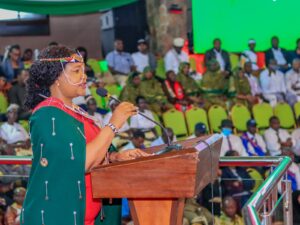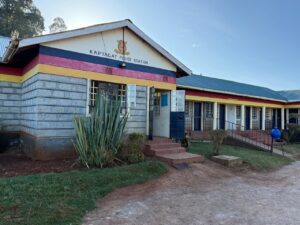Religious Leaders Express Concern Over Waning Patriotism
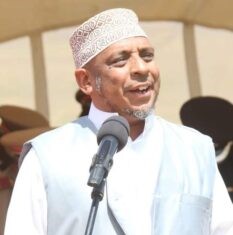
Religious leaders in Eldoret voiced growing concerns about the declining sense of patriotism in the country. Speaking during the celebrations, Sheikh Abubakar Bini and Hassan Kosgey lamented the dwindling public participation in national events, drawing a sharp contrast with past eras marked by widespread engagement and governmental support.
The two leaders reminisced about the days of founding President Jomo Kenyatta and his successor Daniel Arap Moi when national pride was actively nurtured through extensive mobilization and media coverage. According to them, these efforts fostered a collective sense of unity and purpose among Kenyans during significant national celebrations.
However, in Uasin Gishu County, many citizens expressed a sense of detachment from these events, citing economic struggles as a key factor. For some, daily survival has taken precedence over participating in national celebrations, which they view as increasingly irrelevant to their immediate realities. Others noted a lack of sufficient information about the significance of days like Madaraka Day or Republic Day, which further diminishes their enthusiasm.
“People are struggling to make ends meet. Attending a celebration seems less important when you can barely afford to put food on the table,” said a resident of Eldoret.
To bridge this growing disconnect, religious leaders suggested a reimagining of national celebrations to align them with the contemporary aspirations and challenges of Kenyans. Proposals included integrating community-driven projects into these events, honoring local heroes who exemplify national values, and creating educational programs for the youth to instill a sense of pride and responsibility.
The national celebrations, held at Uhuru Gardens in Nairobi, were graced by President William Ruto, Deputy President Kithure Kindiki, and Gambia’s President Adama Barrow, who served as the chief guest. Other dignitaries, including local leaders, were also in attendance. This year’s theme revolved around *“Jobs, Labour, Migration, Entertainment, and Entrepreneurship.”*
Parallel celebrations were organized across counties, with Uasin Gishu County hosting its event in Jua Kali, Turbo Sub-County. The location holds symbolic significance as President Ruto’s home turf.
In a nation grappling with economic challenges and shifting societal priorities, Jamhuri Day presented an opportunity to reflect on how national pride and patriotism can be rekindled. Balancing Kenya’s rich historical legacy with present-day realities might be the key to restoring the vibrancy of national celebrations and fostering a renewed sense of unity.

